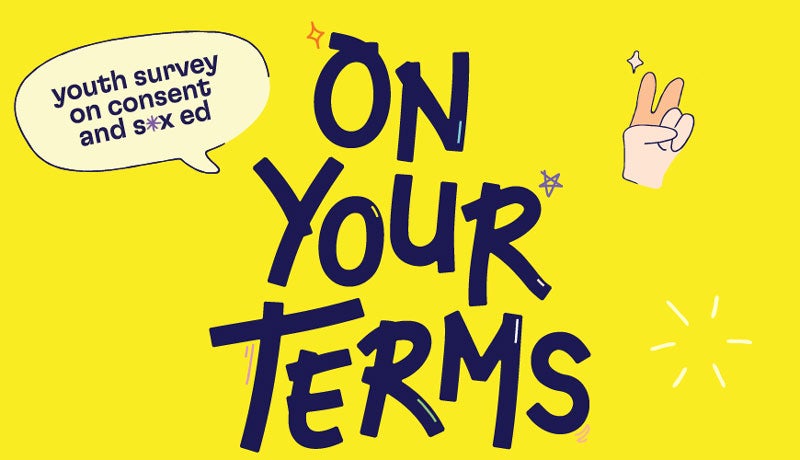Minerals Week 2008
I’d also like to thank the Minerals Council of Australia for inviting me to speak today and I acknowledge all distinguished guests and participants.
I’d also like to thank the Minerals Council of Australia for inviting me to speak today and I acknowledge all distinguished guests and participants.
I would normally begin my speech with an acknowledgement of the traditional owners – but today I need to first express my thanks to Jackie for stepping in to give me voice.
I would like to begin by acknowledging the traditional owners, [the Gum-bay-ngg-irr people] whose land we are meeting on and thank them for welcoming us to their country. I congratulate AIATSIS and NSW Native Title Services on organising this conference and thank everyone gathered here for your efforts to make this a successful conference. I am honoured to be invited to address you today.
The ultimate conclusion that the Commission has reached in the submission is that the Commonwealth government's response to the recommendations of Bringing them home to date has been inadequate and inappropriate. The Commission particularly notes that the government's submission to this inquiry constitutes a fresh response to many of the recommendations of Bringing them home, which rejects several recommendations of the report on the basis of flawed arguments and poor reasoning.
Thank you for the opportunity to speak here today, World Mental Health Day. I am very pleased that World Mental Health Day this year is dedicated to the theme Human Rights and Mental Health. This theme recognises that mental health issues are human rights issues - a view argued strongly and consistently by our Human Rights Commission for many years.
In my presentation today I want to focus on the Commission's work with Local Government and the effect the Disability Discrimination Act has had on how they go about their business.
The topic of this seminar is ‘Criminal Justice in a climate of fear’. The word terrorism is not mentioned and yet the subject invites discussion of the impact of terrorism on life and laws in Australia.
First, it's great to celebrate our national day with such a large, diverse and - as we've seen - talented group of Australians. And may I particularly congratulate those who've chosen to join us as Australians today.
The voices of children and young people shape our work. By listening to you we can research important issues and make recommendations on behalf of children and young people in Australia.
We heard from children and young people and families from across Australia about their experiences with criminal justice systems.
We looked at what could be done to stop children coming into contact with the police and the courts and ending up in detention. And how people in charge could treat young people in detention safely and respectfully and be held to account.
Children and young people told the National Children's Commissioner they need 'help way earlier!'. She wrote a report about this. She also recorded this video to report back to children what she heard.
We will soon survey people aged 14 – 18 years about their experiences of, and attitudes towards, consent, respectful relationships, and sex education. This will help the government improve consent education across Australia.

We consult with children and young people across the country so their voices are included in decisions that affect them.
Our project 'Do things with the information we tell you': Supporting Quality Engagement with Children (SQE) is about making sure the right people – the decision-makers in government – hear what children have to say and take action.
To read more about the findings, see our Project Overview.
Australia has signed up to a UN treaty which protects children’s rights. The government reports on how it is upholding this law to a special committee every 5 years.
We also submit reports on how we think the government is tracking and what actions we think they should take.






Firstly I would like to acknowledge the traditional custodians of the land on which we stand and by so doing remind ourselves that Australia's cultural traditions stretch back many thousands of years and express our aspirations for Australians of the future to be socially just and inclusive.
I am very pleased to be here tonight at the Rural Ageing Seminar dinner. Thank you, to Dame Roma and the Rural Ageing Seminar Reference Group, for inviting me to attend an event that (for once) takes place where it counts - in rural South Australia.
Launch of Federal Discrimination Law Sydney , 26 June 2008 The Hon John von Doussa QC President, Human Rights and Equal Opportunity Commission, Australia audio download [8MB MP3] Federal Discrimination Law launch page Speaking notes for introduction for Justice Crennan I would like to begin by...
I was first approached by one of your Committee to speak tonight on a topic which sounded an easy one: "talk about your experiences in consensus judgments and how committees of more than one function". I shall amplify why that would be an easy topic in a moment.
Hugh de Kretser discusses the importance of truth telling, what he learned working at the Yoorrook Justice Commission, human rights values and the need for Human Rights Acts.
I’d like to begin by acknowledging the Noongar people, the traditional owners of the land where we meet today, and pay my respects to their elders past and present.
Visit our media centre for up to date contact details for all media enquiries.